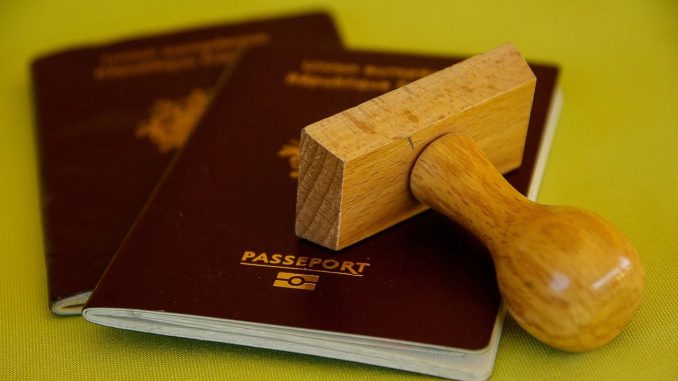
The International Air Transport Association has decided to launch a “health passport” in the near future. Passengers will have to present this to be able to travel on the 290 member airlines that represent 80% of world air traffic.
“We have to project ourselves, from now on, into the post-pandemic crisis world where it will not be possible to travel without a Covid passport. This is why the vaccines chosen by Morocco are recognised by the WHO and are part of the COVAX programme, which will allow vaccinated Moroccans to travel anywhere in the world”. These words, which came from Khalid Aït Taleb, the Minister of Health, during his appearance at the beginning of the week on channel 2M, are being confirmed with great speed.
The International Air Transport Association (IATA) has decided to launch a “health passport” very soon. Understand that its 290 member airlines, including Royal Air Maroc, which represent 80% of world air traffic and, therefore, billions of passengers, will soon demand this “sesame” from those who wish to use their lines. What exactly is it all about? IATA’s “health passport” project is in fact a mobile application that will compile all the medical data related to each traveller’s Covid, including past tests, their results and whether or not they have been vaccinated. This document will thus allow any passenger to show their white paws so that they can travel with peace of mind. According to Alexandre de Juniac, President and CEO of IATA, “we developed this application to certify an entire process. Because basically, the important thing is to give comfort to the passenger, but also to guarantee the governments of the host countries that we are not carrying the virus. That is why we have developed this application, which will manage the flow of information from the vaccination or test centre to the passenger, via the airline and the host government, which will have imposed entry rules”. It should be noted that officially, this application does not oblige anyone to be vaccinated.
Qantas has already taken the plunge However,
some airlines have already taken the plunge. This is notably the case of Qantas, the Australian airline, which has announced its intention to refuse unvaccinated passengers shortly. Some doctors are alarmed by this, are opposed to it and even reject the “health passport” principle. This is the case of this professor of epidemiology, who declares that “I’m not in favour of it because, one: it’s going to be very complicated; two: false health passports are going to be created left and right; and three: it’s going to set a serious precedent because we’re going to agree to a health passport against the Covid-19 and why not a health passport against HIV-AIDS, or against cholera or another epidemic. So that’s why I’m not in favour of it”. The other fear pointed out by some people is the creation of a two-tier society, with two categories of citizens: the vaccinated and the non-vaccinated, who will not necessarily have the same rights and who will perhaps no longer cross paths. At the same time, the movement to come seems inevitable! “No country in the world will accept, if it has controlled Covid-19, which is what is going to happen, that another country bring the virus to it. That’s over! Well, yes, we’re going to have barriers that are those of the vaccine and we’ll have to deal with them,” says another medical epidemiologist. From then on, we have the right to wonder if this question of the “health passport”, which will soon be at the heart of population mobility, will not affect other sectors? Can we, for example, refuse to hire someone because they are not vaccinated? Or can a restaurant refuse a customer because they are not vaccinated? Will it be necessary to meet this condition to go to a building that is open to the public, such as the town hall or post office? In Morocco, we are still far, very far away. But one thing is already certain, post-Covid-19 life will no longer have anything to do with life before!

Be the first to comment